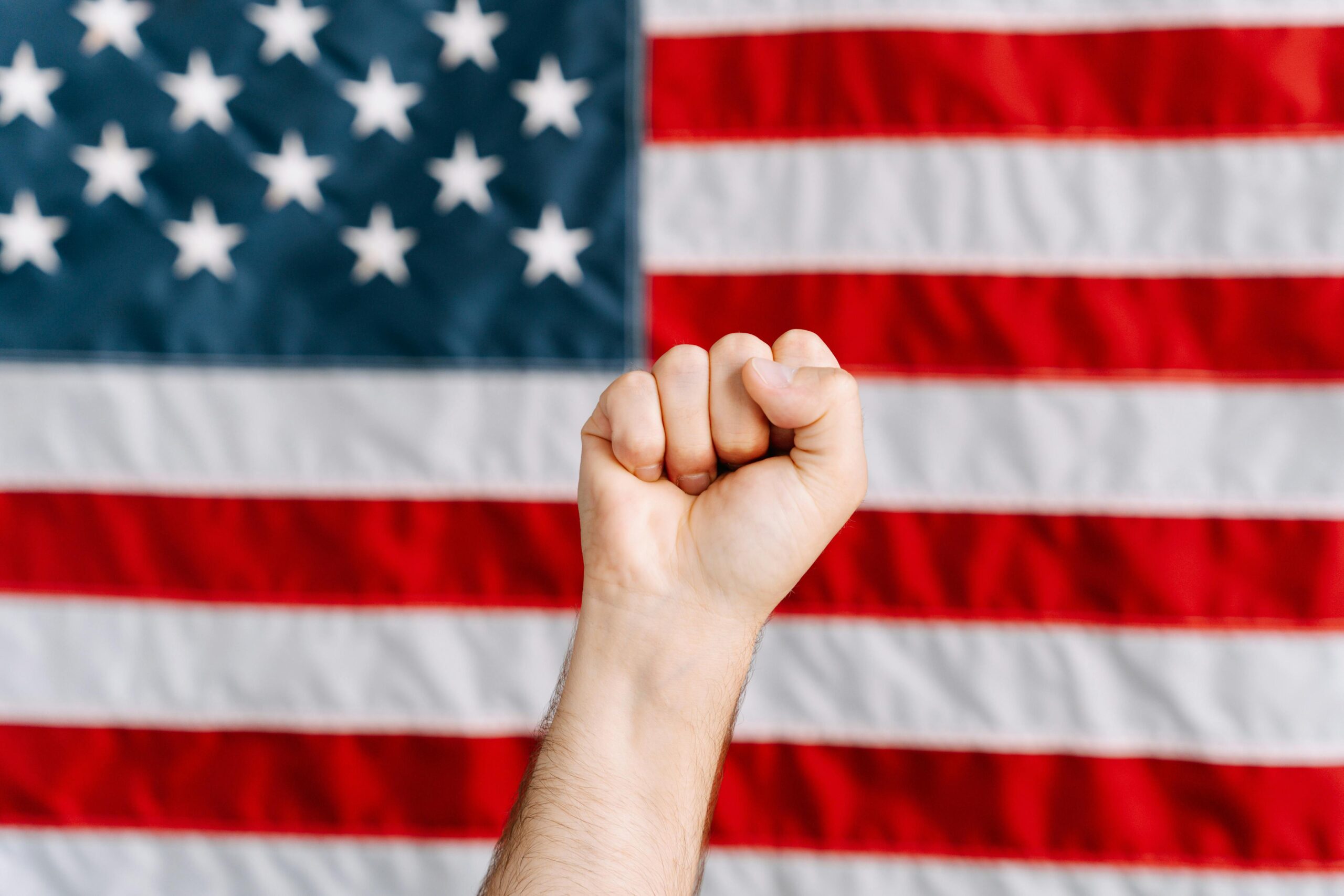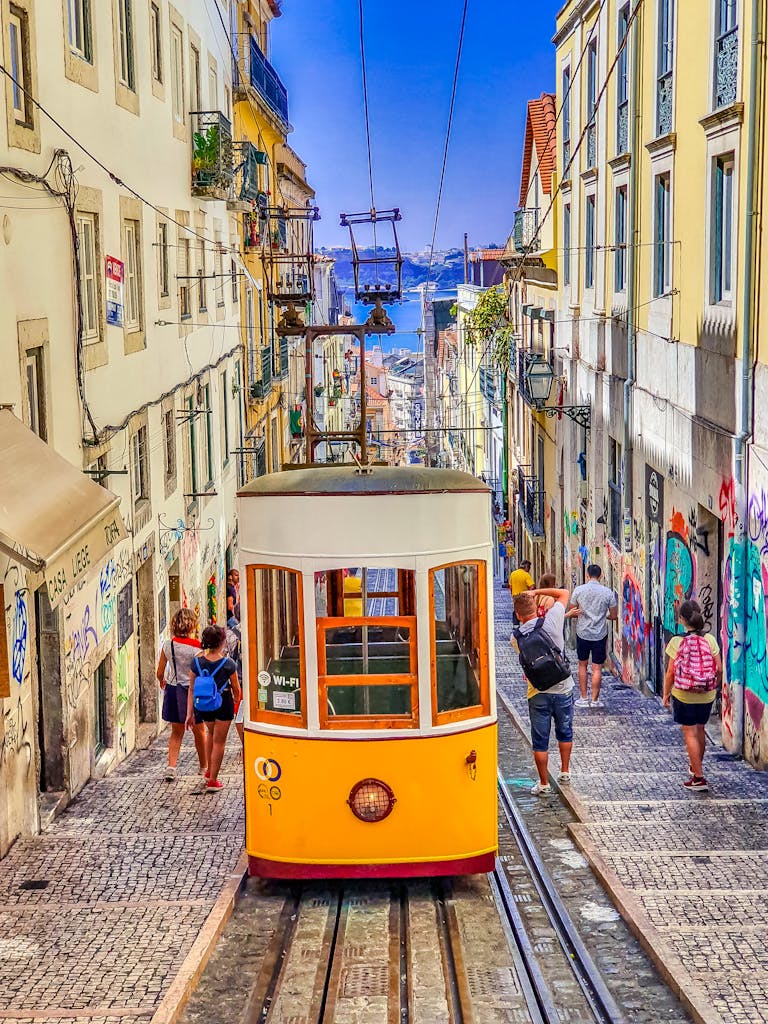From Eurovision to Invasion: Russia’s Authoritarian Slide and the Warning for America
Not too long ago, Russia was sort of playing nice with the world. It was in Eurovision, hosting international sports events, and even participating in global diplomacy. Western leaders met with Putin, businesses invested in Russia, and despite its flaws, it was still engaging with the broader world.
Now, Russia is a pariah state, its economy struggling under sanctions, its government completely authoritarian, and its leader, Vladimir Putin, is a full-blown dictator waging war in Ukraine and threatening further aggression.
How does a country go from pretending to cooperate with the world to becoming a global antagonist, embracing war, propaganda, and isolation?
And the bigger, scarier question—could something similar happen in the U.S.?
The answer isn’t just about Putin. It’s about a broader pattern seen throughout history, where democracies slide into authoritarianism when strongmen rise, institutions weaken, and fear is weaponized against the people.
Russia’s Descent: The Slow Death of Democracy
After the collapse of the Soviet Union in 1991, Russia faced chaos. The economy crashed, life expectancy fell, and corruption flourished. It was a rough time, but there was also a window where Russia could have built a modern democracy.
That didn’t happen. Instead, Russia in the 1990s was run by oligarchs and power-hungry politicians, and when Putin came to power in 2000, he presented himself as the “strong” leader who could restore order.
At first, he played nice with the West. Russia joined the World Trade Organization, participated in global events, and even hosted the 2014 Winter Olympics.
But the cracks were forming.
- Independent media was slowly dismantled.
- Dissenters were silenced—sometimes through assassinations.
- Putin’s political opponents were jailed or exiled.
Still, Russia was technically part of the global community. It was still in Eurovision. It still had trade deals with the EU. It still had diplomatic relations with the U.S.
Then, in 2014, Russia invaded Crimea, marking a turning point. The West imposed sanctions, Russia was kicked out of the G8, and Putin started doubling down on nationalism and anti-Western propaganda.
By 2022, Russia launched a full-scale invasion of Ukraine, and any illusion of cooperation with the world was gone. Now, Russia is fully isolated, the economy is dependent on China and shady backdoor deals, and Putin has rewritten the laws to keep himself in power indefinitely.
Now, Look at the U.S.
If you think this pattern sounds familiar, it should. The same slow erosion of democracy is happening in the U.S., though in a more American style.
Here’s what happened in Russia:
- Leaders weaponized nostalgia (“We need to restore our past greatness!”)
- They demonized the opposition (LGBTQ+ people, immigrants, the West, etc.)
- They undermined elections (rigging votes, jailing opponents, silencing critics)
- They created an unbreakable cult of personality around their leader
Now look at the U.S.:
- “Make America Great Again” is just a rebranded version of Putin’s nationalism.
- Immigrants, LGBTQ+ people, and minorities are blamed for societal problems.
- Elections are called “rigged” when the right doesn’t win.
- Trump, like Putin, is treated as the only man who can “save” the country.
The rise of authoritarianism in America isn’t a what if—it’s already happening.
1. Undermining Democracy
The clearest parallel between Russia and the U.S. is the assault on elections.
- Russia holds “elections,” but they’re rigged—Putin controls who can run, opposition leaders are jailed, and anyone who speaks out mysteriously disappears.
- In the U.S., Trump and the far-right movement are pushing voter suppression laws, gerrymandering districts, and attempting to overturn election results they don’t like.
The January 6th Capitol attack wasn’t just a riot—it was a test run. And with Trump still the frontrunner for 2024, his threats to “terminate the Constitution” should not be ignored.
2. Crushing Dissent
Putin silences critics with poison and exile. The U.S. isn’t there yet, but the groundwork is being laid.
- Republican-led states are banning books and censoring teachers who discuss history honestly.
- Protesters are being criminalized—with new laws making it easier for police to arrest demonstrators or for drivers to run over protesters.
- Whistleblowers are punished, while corruption runs unchecked.
3. Normalizing Violence
Putin justifies his violence by calling his enemies “Nazis” and “threats to Russia.” Trump and his allies do the same thing, using rhetoric that dehumanizes entire groups of people.
- January 6th was fueled by lies and propaganda, just like Putin’s war in Ukraine.
- The far-right is arming itself, pushing for civil war, and encouraging violence against political opponents.
- Politicians like Marjorie Taylor Greene and Matt Gaetz openly joke about executing Democrats.
Authoritarianism doesn’t just arrive with a dictator—it comes with a mob willing to do their bidding.
Why This Matters
People like to believe that democracy is permanent. It’s not.
- Germany was a democracy before Hitler.
- Russia had democratic elements before Putin took full control.
- The U.S. is still a democracy—but for how long?
The playbook is clear:
- Make people nostalgic for a fake “better time.”
- Blame minorities and immigrants for national problems.
- Call elections fraudulent when they don’t go your way.
- Paint the leader as a “savior” who is above the law.
- Normalize violence and criminalize opposition.
Russia followed this playbook. And now, Russia is a full-blown dictatorship, with no real way back.
The Future Is Still Unwritten—And That’s the Good News
If all of this sounds terrifying, that’s because it is. But fear alone won’t change anything—action will.
Here’s the part that authoritarian leaders don’t want you to remember: people have power.
- In Russia, people are still resisting, even at great personal risk.
- In Ukraine, people refused to roll over and accept tyranny.
- And in America, democracy is still alive—damaged, but not beyond repair.
Every time someone calls out propaganda, votes against authoritarian policies, or refuses to be silenced, the grip of power weakens.
History is full of people who fought back—and won.
- The civil rights movement overcame decades of racist laws.
- The women’s suffrage movement won the right to vote.
- LGBTQ+ rights expanded because people refused to accept discrimination.
Authoritarians want you to believe that nothing can be done. That it’s hopeless. That resistance is futile.
But the truth is: resistance is inevitable.
And as long as people are willing to fight for democracy, it can survive. It can be rebuilt.
The future hasn’t been decided yet.
And that means it’s still ours to shape.






